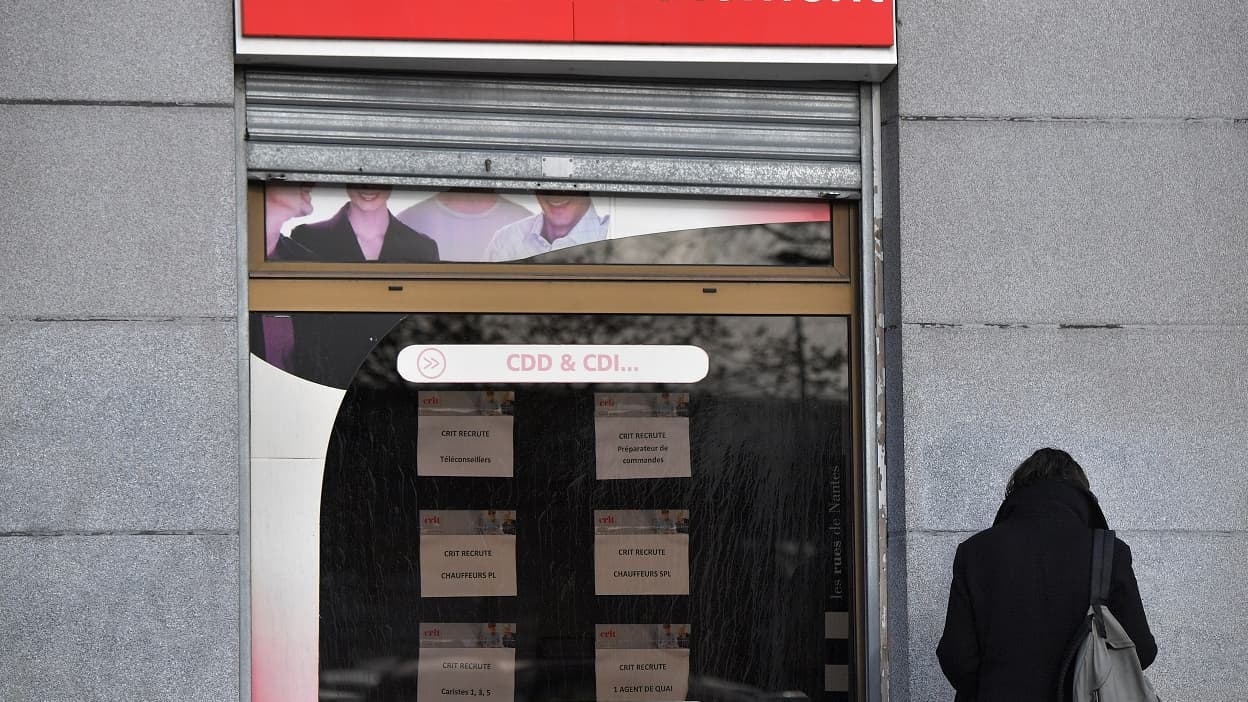"There is no long-term visibility": why the number of permanent contracts is falling sharply in France

The number of permanent contracts signed is falling sharply. Over the past year, the number of permanent contract hires has fallen by 6.5% compared to spring 2024, according to a report from the Ministry of Labor published Thursday.
At the same time, the number of fixed-term contracts signed increased by 3.9%. But this isn't the only worrying outlook for the job market. The second warning sign on the employment dashboard is the number of job offers, which fell by 8% in the third quarter, according to the Hellowork barometer. The third warning sign: the decline in temporary work this summer, despite the resurgence in industry and construction.

Many young people are looking for their first permanent contract, like Arthur. He's 25 years old and decided to go freelance in events after several fixed-term contracts that didn't turn into long-term contracts.
“I have the example of several colleagues who worked with me in my office. They go from fixed-term contracts to fixed-term contracts, but once the fixed-term contract is over, it doesn't lead to a permanent contract,” he says.
Jeremy, meanwhile, is an engineer who quit his job a few weeks ago. He's looking for a permanent contract, but the offers he finds are often for short-term contracts. "The job market is pretty closed right now. We usually send 200 emails a day. I hope I'll find one soon," he says.
A trend that can be attributed to international instability, according to economist Bruno Coquet, is that companies are more cautious about recruiting.
"Order books are emptying or at least getting shorter. When you're in a situation like that, you stop hiring people on long-term contracts because you don't have long-term visibility," he analyzes.
According to the economist, the current political instability is expected to further reduce permanent hiring in the coming months. More than 4 out of 10 mid-sized companies, those with several hundred to several thousand employees, have already frozen job creation projects in France.
And bosses are also starting to think differently, particularly about how they will use AI. The LHH study is a bit chilling: 46% of executives are reducing their workforce because of AI, but only 12% of laid-off employees are aware of it.
RMC





